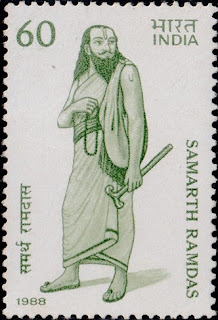On this day in 1905, an Indian organisation, the Indian Home Rule Society IHRS was founded in London which sought to promote the cause of self-rule in British India.
The organisation was founded by Shyamji Krishna Varma, with support from a number of prominent Indian nationalists in Britain at the time including Bhikaji Cama, Dadabhai Naoroji and Sardarsinhji Ravaji S. R. Rana. It was intended to be a rival organisation to the British Committee of the Indian National Congress that was the main avenue of the loyalist opinion at the time.
The Indian Home Rule Society was a metropolitan organisation modelled after Victorian public institutions of the time. It had a written constitution and the stated aims to secure Home Rule for India and to carry on a genuine Indian propaganda in this country by all practicable means.
The IHRS was open for membership to Indians only and found significant support amongst Indian students and other Indian populations in Britain. It recruited young Indian activists and maintained close contact with revolutionary movements in India.









